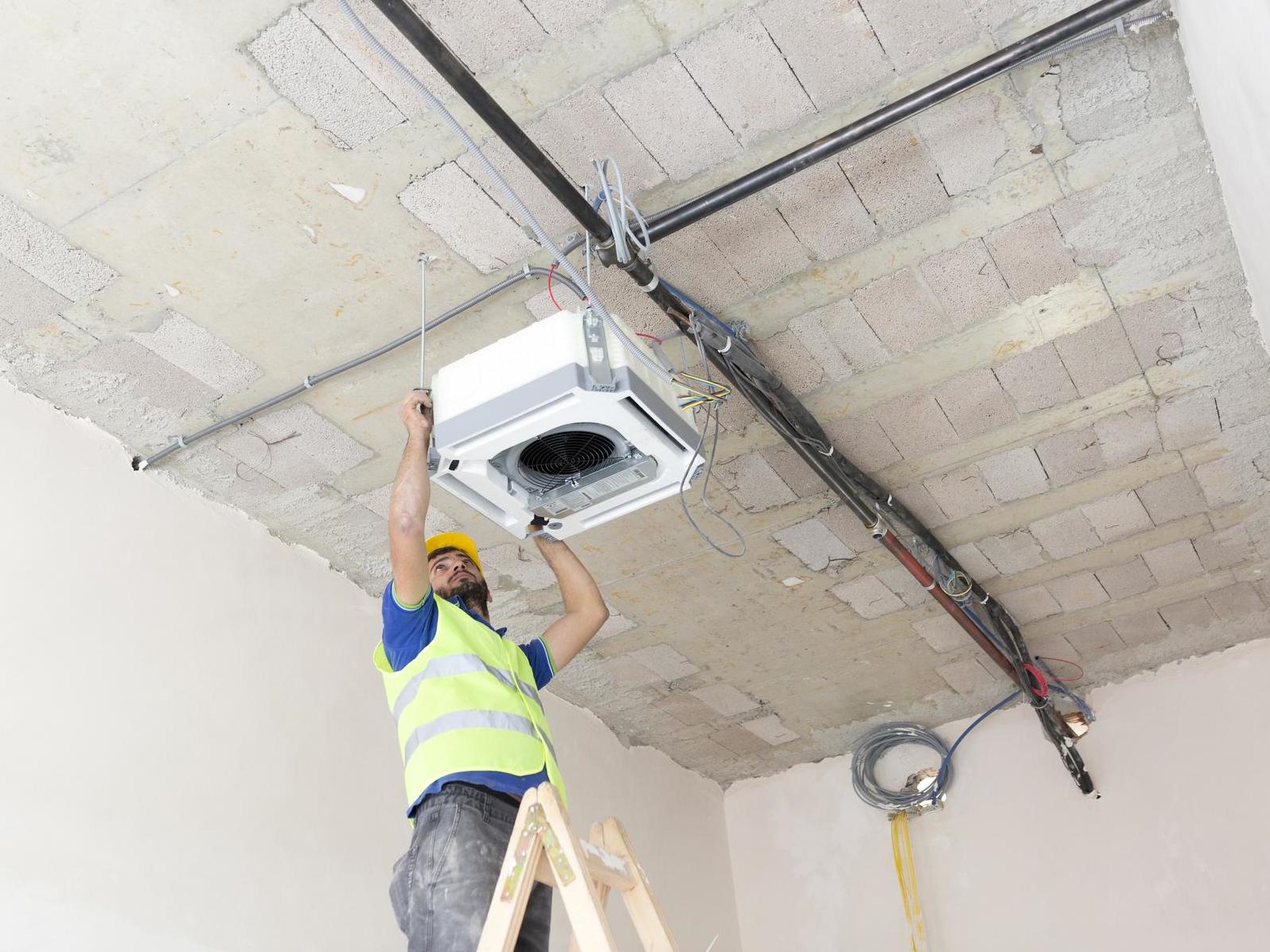Air conditioning to tackle summer heatwaves causes surge in deadly pollution
'If our nation continues to rely on coal-fired power plants for some of our electricity, each time we turn on the air conditioning we'll be fouling the air, causing more sickness and even deaths'

Your support helps us to tell the story
From reproductive rights to climate change to Big Tech, The Independent is on the ground when the story is developing. Whether it's investigating the financials of Elon Musk's pro-Trump PAC or producing our latest documentary, 'The A Word', which shines a light on the American women fighting for reproductive rights, we know how important it is to parse out the facts from the messaging.
At such a critical moment in US history, we need reporters on the ground. Your donation allows us to keep sending journalists to speak to both sides of the story.
The Independent is trusted by Americans across the entire political spectrum. And unlike many other quality news outlets, we choose not to lock Americans out of our reporting and analysis with paywalls. We believe quality journalism should be available to everyone, paid for by those who can afford it.
Your support makes all the difference.While air conditioning can quite literally be a lifesaver in a rapidly warming climate, scientists have warned that it comes with major health problems of its own.
If climate change continues at its current pace, heatwaves are expected to increase in intensity around the world, from France to India.
Experts estimate that in the past decade alone, the number of lives lost due to heatwaves has increased by more than 2,000 per cent.
One way of tackling this problem is to roll out more air conditioning systems, but according to Professor Jonathan Patz at the University of Wisconsin-Madison this means trading one problem for another.
“Heatwaves are increasing and increasing in intensity. We will have more cooling demand requiring more electricity,” he said.
“If our nation continues to rely on coal-fired power plants for some of our electricity, each time we turn on the air conditioning we’ll be fouling the air, causing more sickness and even deaths.”
In a new study published in the journal PLOS Medicine, Professor Patz and his colleagues predicted that the boost in air pollution from the fossil fuels powering these systems will cause up to 1,000 additional deaths annually in the eastern US alone.
“What we found is that air pollution will get worse,” said David Abel, a graduate student who led the research. .
“There are consequences for adapting to future climate change.”
Buildings are the biggest energy sinks in the US, responsible for 60 per cent of power demand in the densely populated eastern region. Air conditioning is responsible for a significant portion of that demand.
In their study, which simulated future energy consumption and pollution levels, the researchers found between 5 and 9 per cent of future air pollution-related deaths could be linked to air conditioning.
Air pollution is thought to be responsible for millions of deaths every year, with toxic gases and particulates implicated in everything from cardiovascular disease to dementia.
Ground-level ozone and fine particulate matter have been identified as particularly hazardous to human health, and both are emitted by fossil fuel power plants.
Though the researchers emphasised that air conditioning can and does save lives, systems must be powered by clean energy from wind and solar power if they are to avoid the harmful side effects.
“Climate change is here and we’re going to need to adapt,” said Mr Abel.
“But air conditioning and the way we use energy is going to provide a feedback that will exacerbate air pollution as temperatures continue to get warmer.”
This feedback loop is exacerbated by the emission of potent greenhouse gases known as hydrofluorocarbons (HFCs) from air conditioning units – which trap thousands of times as much heat in the atmosphere as carbon dioxide.
Studies in recent years have suggested that as global demand for air conditioning has risen, so have HFC emissions, prompting calls to ensure faulty machines are not leaking these dangerous chemicals.
Join our commenting forum
Join thought-provoking conversations, follow other Independent readers and see their replies
Comments